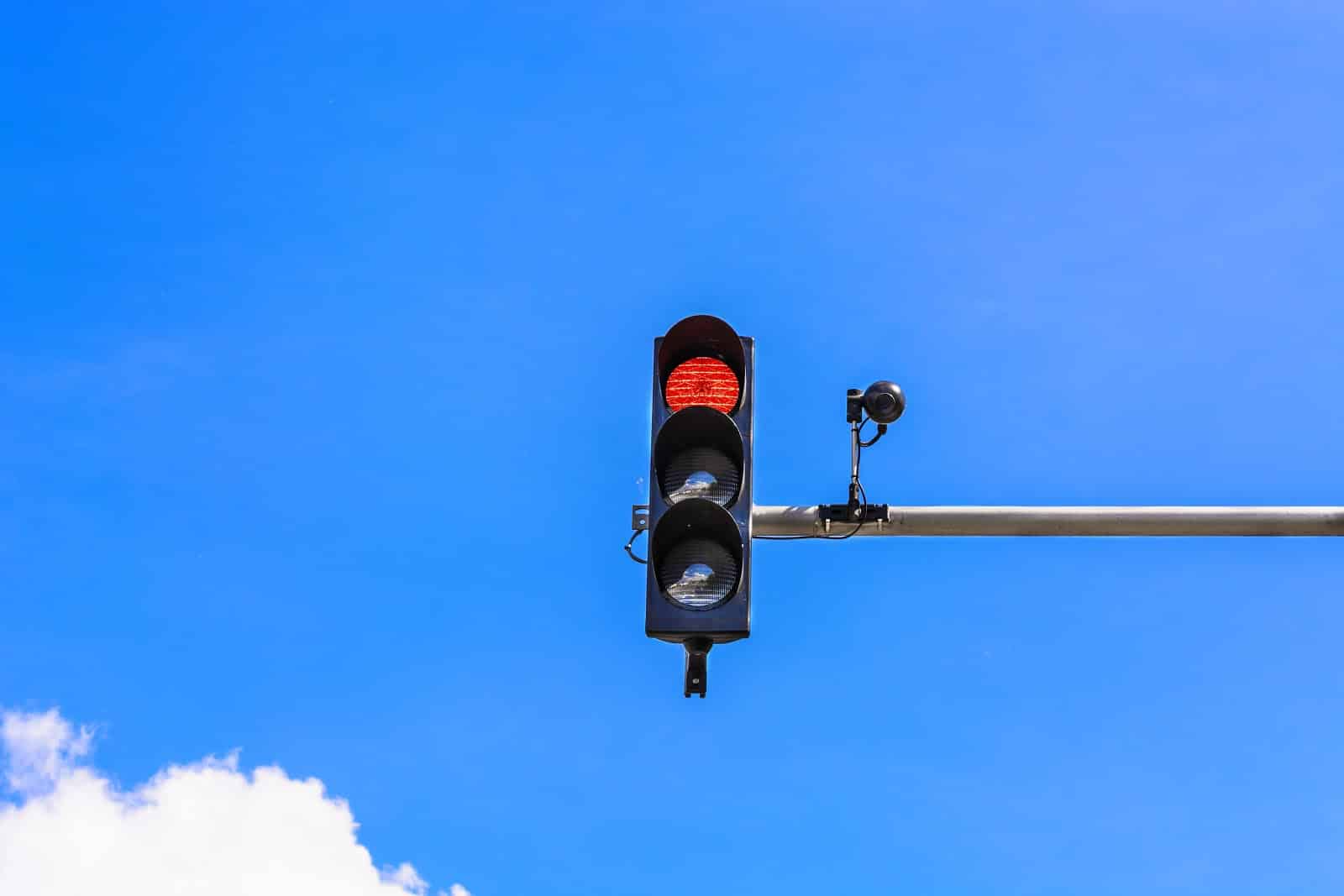Red light camera tickets are issued to drivers who are caught by automated traffic enforcement systems violating red light signals at intersections. These tickets are generated based on photographic evidence captured by cameras installed at traffic signals, and they typically result in fines and potential consequences for the vehicle owner or driver. In this article, we will delve into the factors that determine the cost of a red light camera ticket, as well as explore the implications and considerations associated with these traffic violations.
I. Factors Affecting the Cost of Red Light Camera Tickets
Several factors can influence the cost of a red light camera ticket, including the location where the violation occurred, the specific traffic laws and regulations in place, and the governing jurisdiction responsible for enforcing traffic violations. Additionally, the severity of the offense, any associated administrative fees, and the presence of prior traffic infractions can also impact the total amount of the ticket.

II. Average Fines for Red Light Camera Violations
The fines imposed for red light camera violations vary widely across different cities, states, and countries. On average, the fine for running a red light captured by a camera ranges from $50 to $500, depending on the governing authority and the specific circumstances of the violation. It’s important to note that some jurisdictions may impose escalating fines for repeat offenses, emphasizing the significance of adhering to traffic signal regulations.
III. Additional Costs and Consequences Associated with Red Light Camera Tickets
In addition to the base fine for the red light violation, drivers may incur additional costs and consequences. These can include administrative fees, court surcharges, and the potential impact on their driving record and insurance premiums. Furthermore, failure to address or pay the red light camera ticket within the specified timeframe can lead to increased penalties, license suspension, and even the issuance of a warrant for the driver’s arrest in some cases.
IV. Legal Considerations and Dispute Options for Red Light Camera Tickets
When faced with a red light camera ticket, drivers have the option to contest the violation through various legal avenues. They can challenge the accuracy of the photographic evidence, question the proper functioning and calibration of the camera system, or seek legal representation to negotiate reduced penalties or pursue dismissal of the ticket. It’s essential for individuals to familiarize themselves with the specific procedures and deadlines for contesting red light camera tickets within their jurisdiction.
V. Impact on Driving Records and Insurance Premiums
Receiving a red light camera ticket can have implications beyond the immediate financial penalties. In many cases, the violation will be recorded on the driver’s record, potentially leading to points against their license and subsequent increases in insurance premiums. As such, it is crucial for drivers to weigh the long-term consequences of red light camera tickets and consider the potential impact on their driving privileges and overall financial obligations.
VI. Importance of Compliance and Safe Driving Practices
Ultimately, the cost of a red light camera ticket extends beyond the monetary fines and associated expenses. The primary objective of traffic enforcement measures, including red light cameras, is to promote road safety and reduce the risk of accidents and injuries caused by reckless driving behaviors. Therefore, adhering to traffic signals, exercising caution at intersections, and maintaining awareness of traffic laws are fundamental elements of responsible and safe driving practices.
In conclusion, red light camera tickets carry financial consequences. And that can significantly impact drivers who are found in violation of traffic signal regulations. By understanding the factors influencing the cost of red light camera tickets, as well as the associated legal considerations and implications, individuals can make informed decisions when addressing these traffic infractions. Moreover, prioritizing compliance with traffic laws and embracing safe driving practices remains essential for fostering a culture of road safety and responsible motoring within our communities.